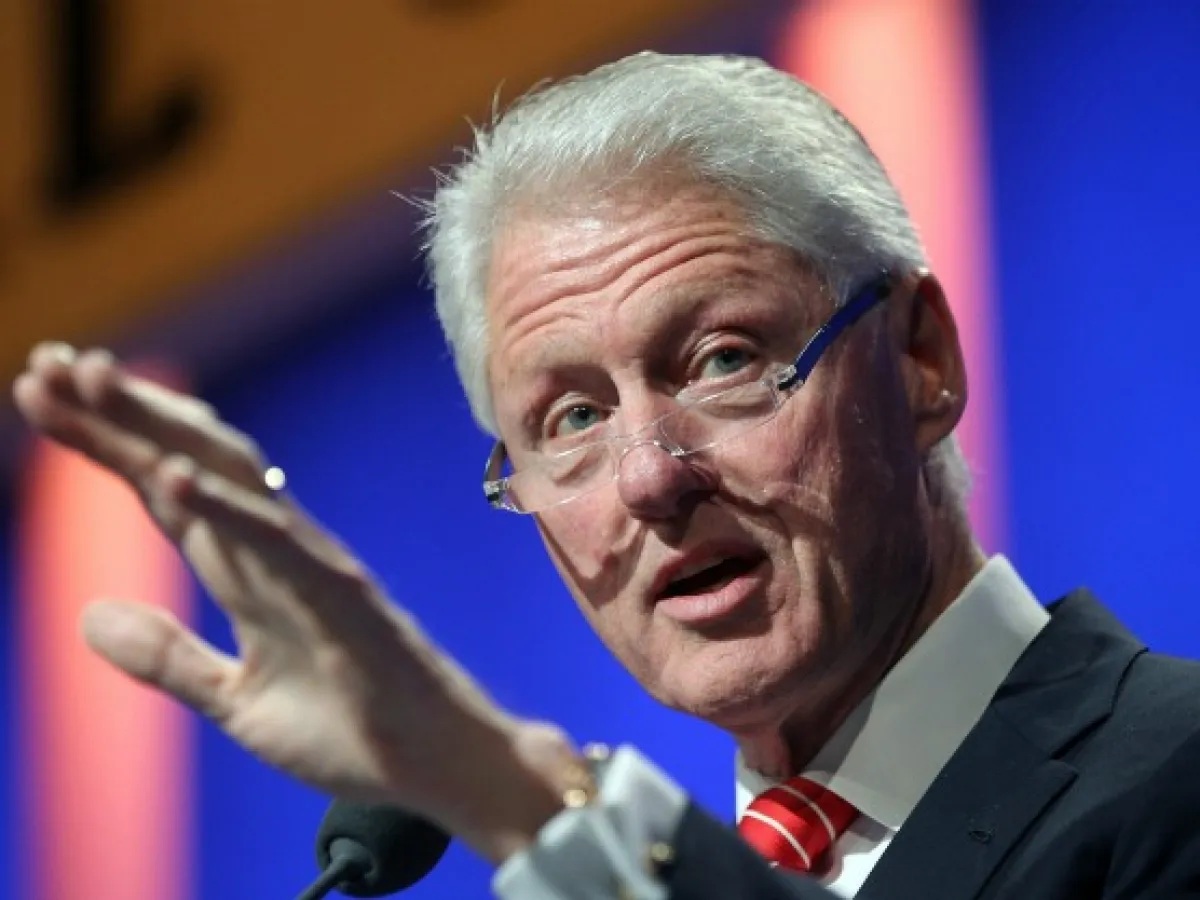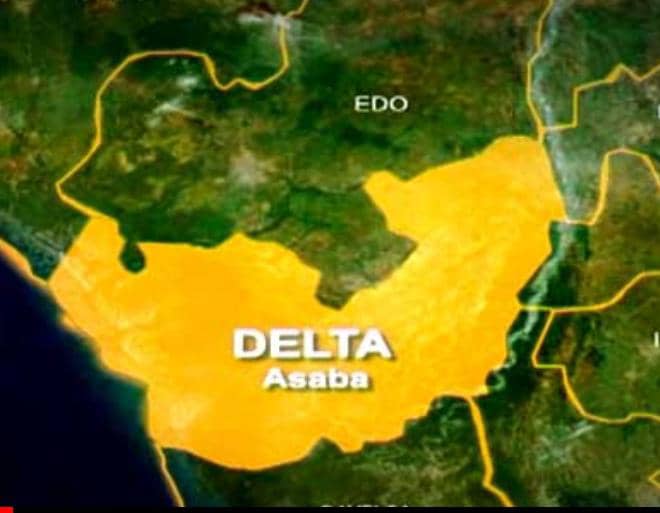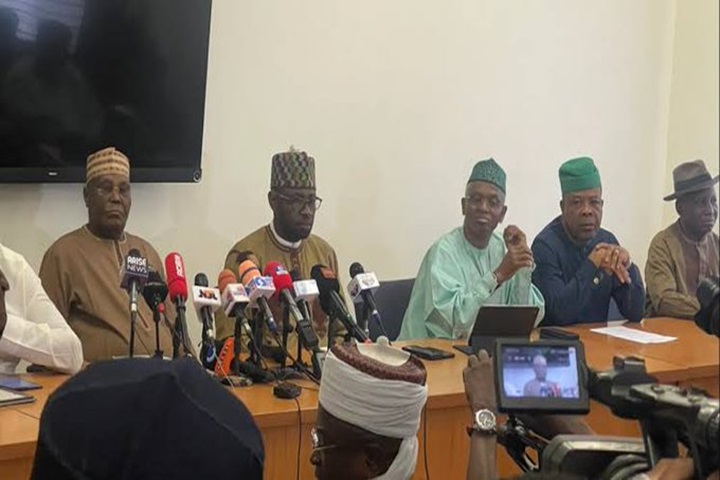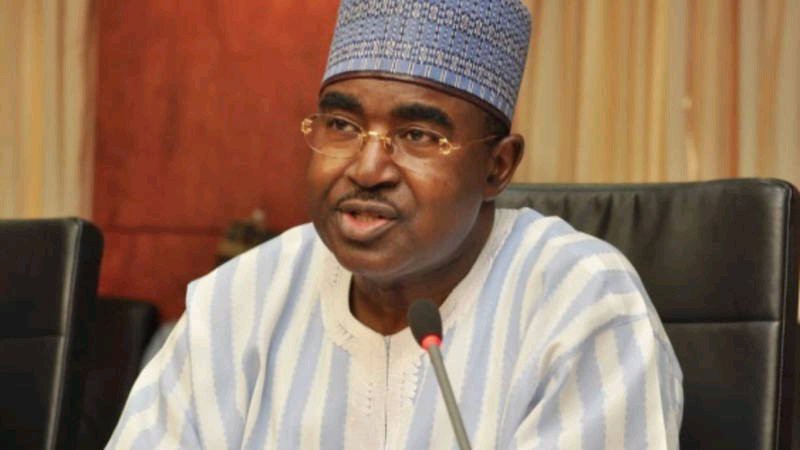News
Bill Clinton calls out Netanyahu’s Iran power play

Former U.S. President Bill Clinton recently voiced sharp criticism of Israeli Prime Minister Benjamin Netanyahu, accusing him of using the prospect of conflict with Iran as a political tool to prolong his leadership.
Speaking on The Daily Show, Clinton claimed that Netanyahu “has long wanted to fight Iran because that way he can stay in office forever and ever.”
He highlighted concerns that regional security issues may be manipulated for personal political gain.
These comments come amid heightened tensions and violent exchanges between Israel and Iran, resulting in civilian casualties and increasing instability in the Middle East.
Clinton’s Call for De-escalation and Responsible Leadership
Clinton urged the U.S. administration, especially President Donald Trump, to take a more active role in calming the conflict before it escalates into a larger regional war.
He stressed the importance of diplomacy and restraint, saying, “I think we should be trying to defuse it, and I hope President Trump will do that.”
He expressed his belief that neither Netanyahu nor Trump truly desire an all-out war but warned that missteps and unchecked escalation could lead to disaster.
Clinton emphasized the delicate balance needed to avoid a conflict with global repercussions.
Supporting Allies Without Escalating Conflict
While advocating for peace, Clinton reaffirmed the United States’ obligation to support its allies in the Middle East, particularly Israel.
He noted the U.S. responsibility to protect its partners from threats but cautioned against becoming involved in “undeclared wars,” where the primary victims are innocent civilians.
Clinton pointed out that many civilians caught in these conflicts are non-political individuals simply seeking peaceful lives.
He emphasized that the toll on human life should prompt leaders to seek solutions beyond military force.
U.S. Involvement: Aid Without Direct Combat
Though the United States has not directly engaged militarily in the ongoing Israel-Iran tensions, it has supported Israel by assisting in intercepting missile attacks and supplying advanced military equipment.
This reflects Washington’s longstanding strategic alliance with Israel, but Clinton’s remarks signal growing concerns about the limits and risks of U.S. involvement.
Netanyahu’s Tenure and Political Strategy Under Scrutiny
Benjamin Netanyahu has served as Israel’s prime minister for much of the last two decades.
His leadership has faced criticism both domestically and internationally, with allegations that he leverages national security crises to consolidate political power.
Clinton’s comments reinforce the perception that Netanyahu’s aggressive stance toward Iran might be driven as much by political self-preservation as by genuine security concerns.
This framing suggests that Netanyahu’s policies are not only about foreign affairs but also about maintaining his hold on power.
It is a view that reportedly resonates with a global audience increasingly skeptical of leaders who use conflict rhetoric for political advantage.
Broader Implications of Clinton’s Comments
1. Politicization of Conflict
Clinton’s remarks, observers say, imply that the Israel-Iran conflict may be exploited for political gain, risking unnecessary escalation and prolonged instability in the region.
2. Pressure on U.S. Policy
By urging Trump to de-escalate, Clinton emphasizes the importance of prioritizing diplomatic solutions over military interventions.
He therefore highlights internal debates about America’s role in Middle Eastern conflicts.
3. Humanitarian Focus
Highlighting the “constant killing of civilians” brings attention to the human cost of the conflict, urging global leaders to protect innocent lives and seek alternatives to violence.
4. Skepticism About Military Engagement
Clinton’s warning about “undeclared wars” criticizes prolonged military actions without clear objectives or legal mandates, reflecting growing skepticism about U.S. involvement in foreign conflicts.
5. Damage to Netanyahu’s Global Standing
Observers say comments from a former U.S. president could harm Netanyahu’s international reputation.
They believe his comments portray him as a leader willing to jeopardize regional security for political survival, which may affect Israel’s diplomatic relations.
6. Need for Balanced Middle East Policy
Clinton’s views, accordint to analysts, contribute to broader debates on how to achieve lasting peace in the Middle East through a combination of security measures, diplomacy, and addressing root causes of conflict.
7. Public Engagement and Awareness
Speaking on a mainstream platform like The Daily Show helps bring complex geopolitical issues to a wider audience, encouraging informed public discourse and potentially influencing policy discussions worldwide.
Conclusion
Bill Clinton’s candid remarks on the Israel-Iran conflict and Netanyahu’s leadership underscore the urgent need for careful diplomacy, transparency in political motives, and protection of civilian lives.
His call for U.S. restraint and engagement, analysts say, signals a critical moment for international actors to reconsider how military power and political interests intersect in volatile regions.
As tensions remain high, Clinton’s message serves as a reminder that safeguarding peace requires more than military might, it demands moral clarity, political responsibility, and a commitment to the welfare of all people affected by conflict.
For Diaspora Digital Media Updates click on Whatsapp, or Telegram. For eyewitness accounts/ reports/ articles, write to: citizenreports@diasporadigitalmedia.com. Follow us on X (Fomerly Twitter) or Facebook












